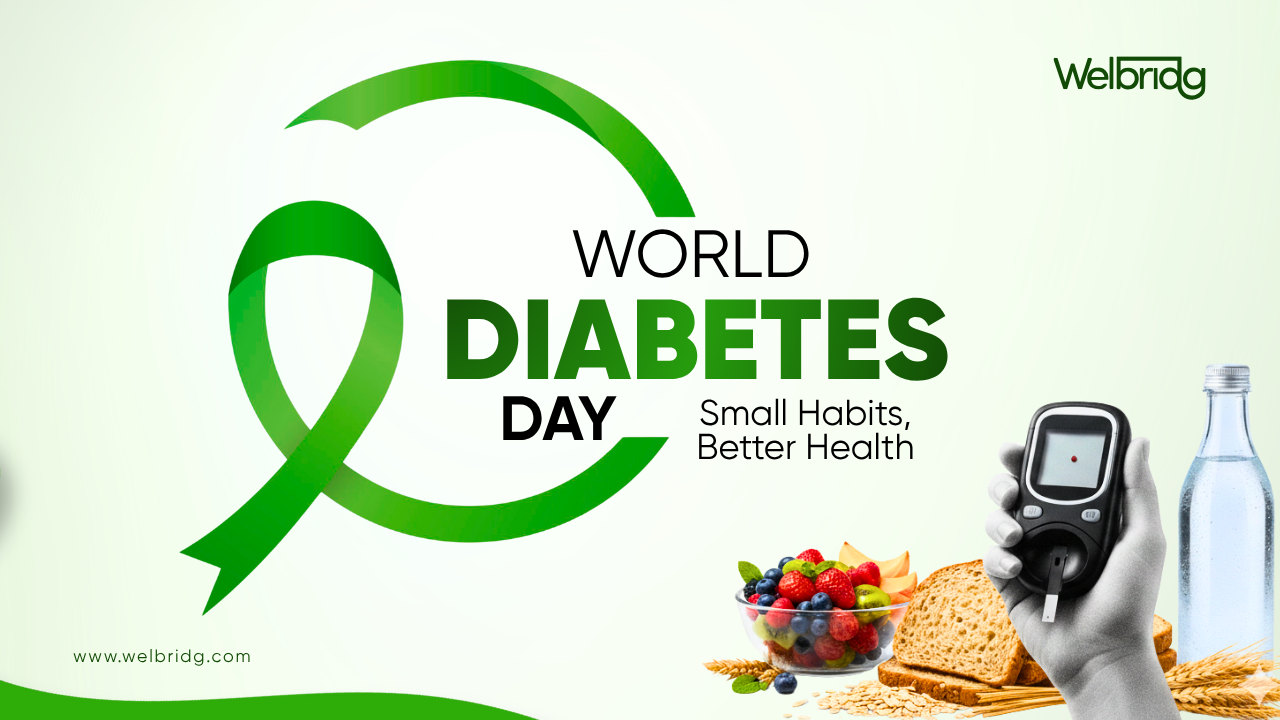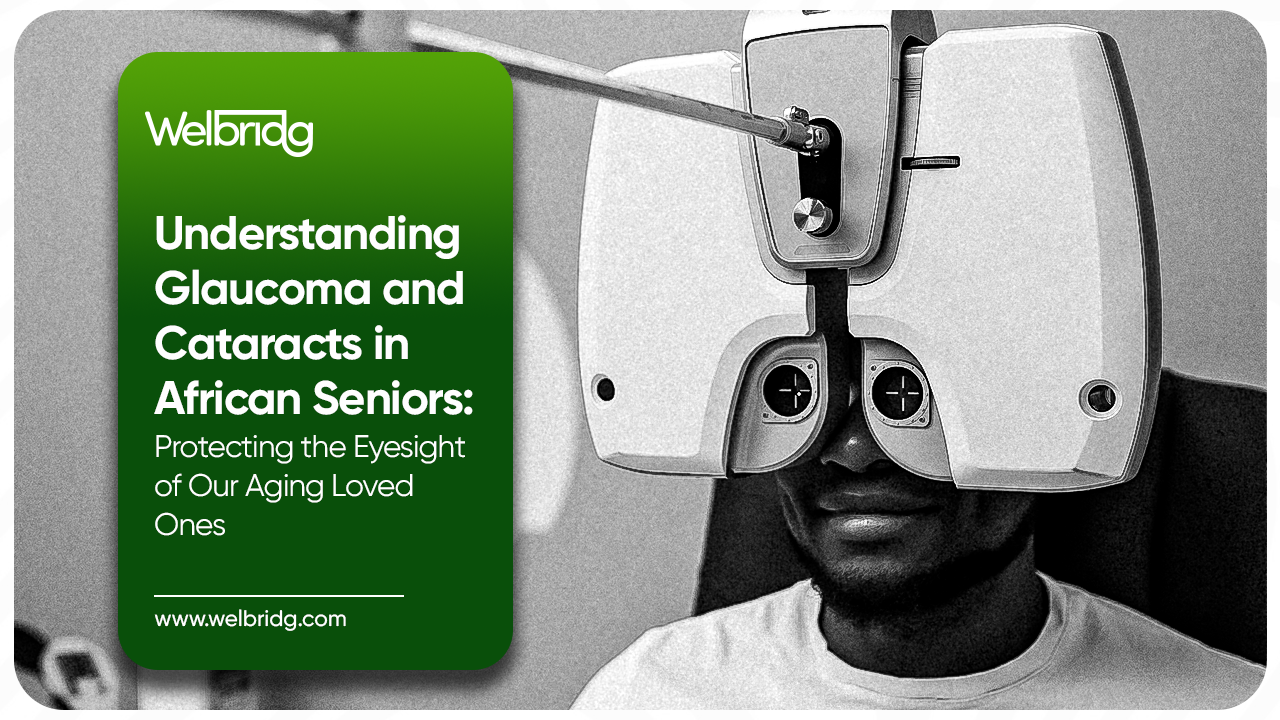How to Ensure Your Elderly Parents Take Their Medications Correctly
Posted: 21st Feb, 2025 By: yinksey
Taking medication every day isn’t always easy. It can feel overwhelming, especially for the elderly, who often have to manage multiple prescriptions.
As people age, their bodies become more vulnerable to chronic conditions like high blood pressure, diabetes, arthritis, and heart disease. Proper medication adherence is essential for managing these conditions, preventing complications, and improving overall well-being.
However, studies show that many elderly people struggle with medication adherence due to forgetfulness, confusion, side effects, or even financial constraints.
As a caregiver or family member, you play a crucial role in helping your elderly parents stay on track.
Here are effective ways to ensure they take their medications properly:
1. Use a Pill Organizer
A well-designed pill organizer can make a significant difference. Choose one with compartments for each day of the week or even specific times of the day (morning, afternoon, and evening). This prevents missed doses and eliminates the risk of taking the wrong medication. If they take many medications, consider a color-coded organizer to make it even easier to manage.
2. Set Medication Reminders
Technology can be a great support system. Set alarms on their phone, use a medication reminder app, or program smartwatches to send pill alerts. Some apps also allow caregivers to monitor adherence remotely, ensuring peace of mind. If your parents prefer traditional methods, a simple written schedule placed in a visible area can work just as well.
3. Establish a Routine
Tying medication to a daily habit makes it easier to remember. Encourage your parents to take their pills with breakfast, after brushing their teeth, or before bedtime. Associating medication with an already established routine creates consistency and reduces forgetfulness.
4. Keep a Medication Log
A medication log is essential, especially if multiple prescriptions are involved. Write down the name of each medication, the dosage, the time it should be taken, and any special instructions (e.g., "take with food").Bring this log to doctor’s appointments to ensure nothing is overlooked.
5. Communicate with Their Healthcare Provider
If your parents struggle with taking their medications, consult their doctor. There might be alternative options, such as extended-release formulas that reduce the number of doses per day or liquid alternatives for those who have trouble swallowing pills. Also, check if all prescribed medications are still necessary—sometimes, adjustments can simplify their regimen.
6. Provide Emotional Support and Encouragement
Medication adherence isn’t just about reminders; emotional support plays a big role. Some elderly individuals may be hesitant to take medications due to frustration, side effects, or denial of their condition. Talk to them about why their prescriptions are important, reassure them, and address any concerns they may have.
7. Be Aware of Side Effects
Every medication has potential side effects, ranging from mild to severe. Educate yourself and your parents on what to expect, and encourage them to report any unusual symptoms. If they experience dizziness, nausea, confusion, or any severe reactions, contact their doctor immediately to adjust the prescription if necessary.
8. Ensure Easy Access to Medications
Sometimes, elderly ones miss doses because they run out of medication. Help them set up automatic refills at their pharmacy or arrange for prescription delivery services.
9. Consider Professional Caregiving Support
If your elderly parents have complex medication needs or memory issues, hiring a caregiver or enrolling in a medication management program can provide extra support. A nurse, home health aide, or family member can ensure they take the right medications at the right time.
Helping your elderly parents manage their medications goes beyond just reminders—it’s about ensuring their health, safety, and quality of life. With the right strategies in place, you can reduce the risk of missed doses, overdoses, or harmful drug interactions. By providing structure, encouragement, and proper monitoring, you give them the best chance at staying healthy and independent for as long as possible.
At the end of the day, good health is one of the most valuable gifts we can help our loved ones maintain. A little effort in medication management can go a long way in giving them the care and attention they deserve.
Which of these tips will you implement going forward?
RELATED ARTICLES

Managing Diabetes: Small Habits, Better Health
21st Nov, 2025
What is Arthritis? Managing Joint Pain in the Elderly
14th Oct, 2025
6 Most Important Exercises for People Over 60
29th Aug, 2025
How to Maintain a good health in old age
21st Jun, 2025
What a nutritionally balanced diet for elderly looks like
23rd May, 2025




